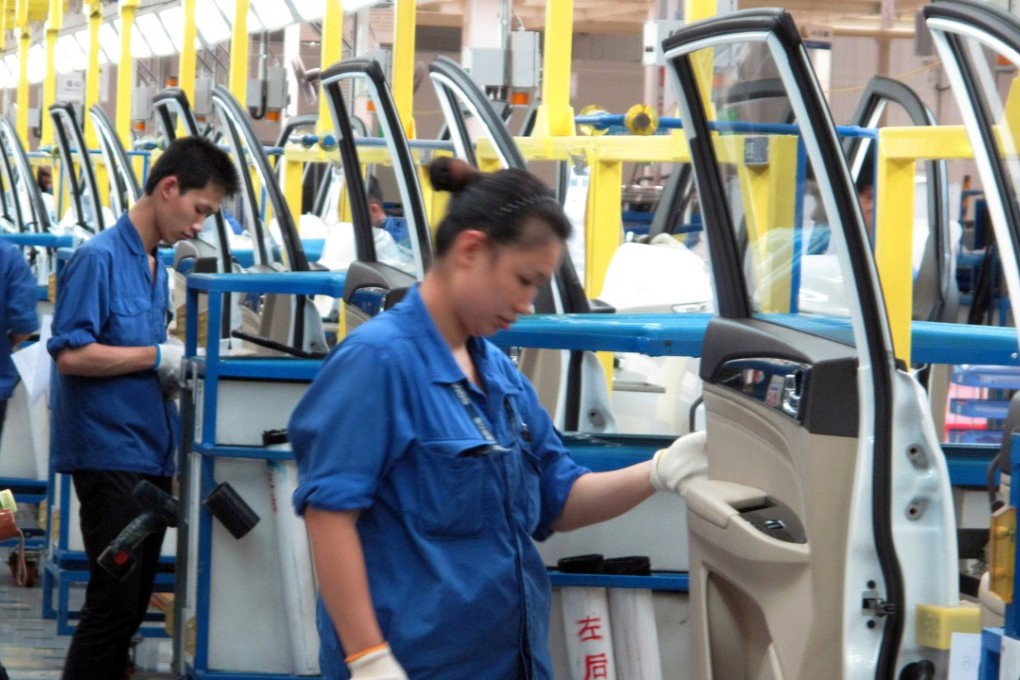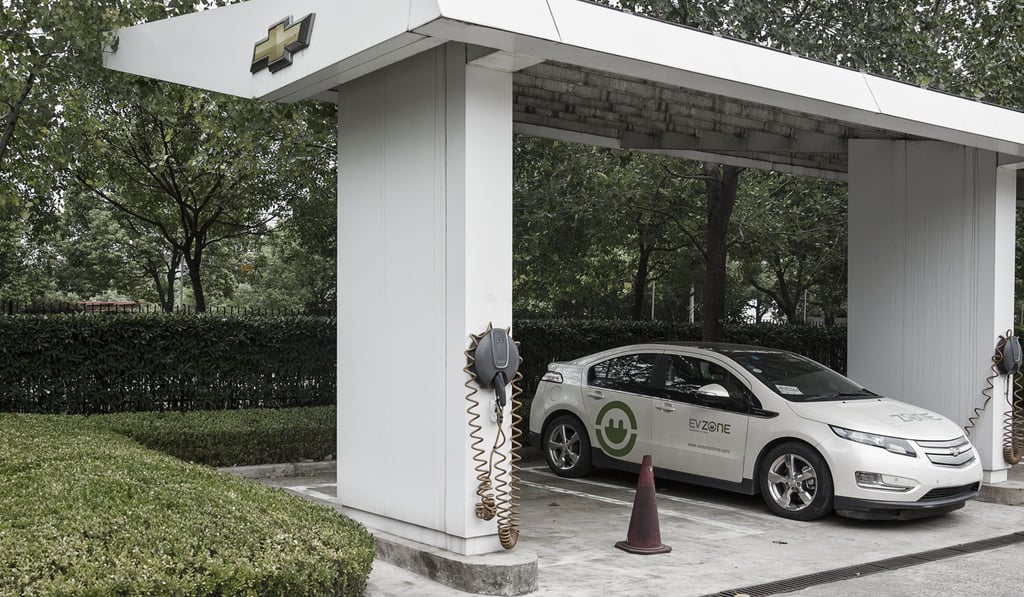GM seems wholly unimpressed by chance to wholly own an electric car factory in China
The American car giant seems happy to operate through joint ventures with Chinese partners, though it will produce more electric vehicles

Beijing’s plan to encourage foreign carmakers to produce more electric vehicles by easing ownership restrictions on factories appears to have received a lukewarm response from industry giant General Motors.
The American car manufacturer said it was happy with the current arrangement whereby it operates through joint ventures with Chinese partners. However, it said it would ramp up production of new-energy vehicles in China to comply with the government’s cap-and-trade policy aimed at reducing pollution.
We are very pleased with our partnerships
Asked by reporters whether the company would like to run a fully-owned factory in the mainland, Matt Tsien, president of GM China, avoided answering directly, instead focusing on the benefits of having a local partner.
“We are very pleased with our partnerships,” said Tsien. “Our partners have a huge amount to offer in terms of their understanding of the market and their abilities as well to work with us to make our joint ventures successful.”
China’s deputy finance minister Zhu Guangyao said last week that Beijing was studying the idea of letting foreign car manufacturers own more than a 50 per cent stake in their mainland joint ventures, provided they set up factories to produce new-energy vehicles in the country’s free-trade zones.

It is believed that a clutch of global car companies including electric car specialist Tesla are interested in building vehicles through their wholly-owned businesses in China as they vie to tap the world’s biggest auto market.